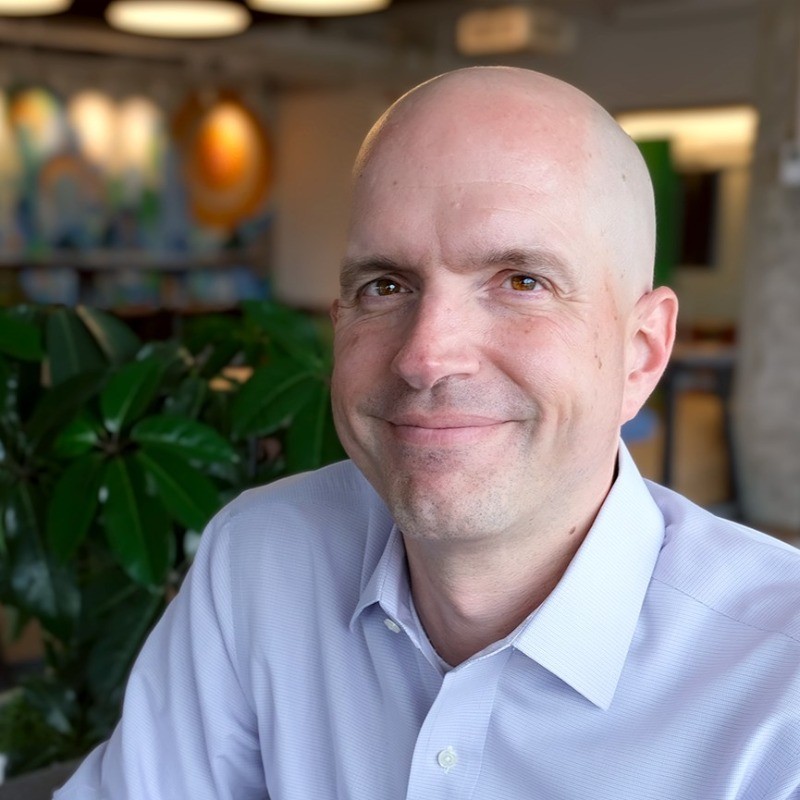
Nathan Baker
Product Lead, Azure Quantum Elements
Microsoft
Dr. Nathan Baker is the Product Lead for Azure Quantum Elements at Microsoft. Previously, he was a Laboratory Fellow and Division Director at Pacific Northwest National Laboratory, as well as an Associate Professor of Biochemistry and Molecular Biophysics at Washington University in St. Louis. Dr. Baker is a member of the Washington State Academy of Sciences, a Fellow of the American Association for the Advancement of Science, and a former Alfred P Sloan Research Fellow.
Dr. Baker has served as co-principal investigator and project manager for the DOE Advanced Scientific Computing Research CM4: Collaboratory on Mathematics for Mesoscopic Modeling of Materials and as lead for the Signature Discovery Initiative at PNNL. From 2016 to 2019, he served as the Director for the Advanced Computing, Mathematics, and Data Division at PNNL—a division of 100+ researchers in applied mathematics, data science, and high-performance computing. Dr. Baker also managed the Applied Statistics and Computational Modeling Group at PNNL from 2013 to 2015, which comprised approximately 50 staff with expertise in statistics, mathematics, and operations research.
Dr. Baker has served on review panels for various agencies, including as a member of the NIH Macromolecular Structure and Function D study section. He is current an editorial board member for Communications of the Association for Computing Machinery and serves on the editorial board for NPG Scientific Data. Dr. Baker previously served as associate editor and editorial board member for Biophysical Journal, editor-in-chief for Computational Science and Discovery, and section editor for Annual Reports in Computational Chemistry. He has authored more than 100 peer-reviewed publications.
Dr. Baker is a Fellow of the American Association for the Advancement of Science and a member of the Washington State Academy of Sciences. He has been awarded the Hewlett-Packard Junior Faculty Excellence Award by the American Chemical Society, the National Cancer Institute caBIG Connecting Collaborators Award, and an Alfred P. Sloan Research Fellowship. He earned his doctorate in physical chemistry from the University of California, San Diego.